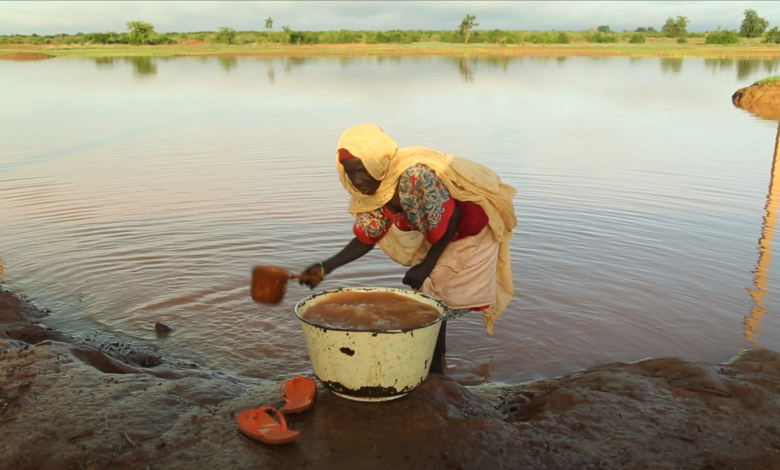Cholera Hits Borno, Records 43 Deaths, 559 Cases
With seven regions in Borno State, Northeast Nigeria infected with cholera, Gwoza is leading in numbers.

At least 43 people have died from a cholera outbreak in Borno State, Northeast Nigeria and 559 cases have been reported so far, Juliana Bitrus, the state’s Commissioner for Health said. Bitrus disclosed this on Tuesday, Aug. 31, at a press conference in Maiduguri, the state capital, according to a Daily Trust report.
“Acute diarrhoea cases as on Monday, Aug. 30, have recorded 43 deaths and 595 cases so far,” Juliana declared. The Commissioner said the cases were recorded in seven local government areas including Gwoza, Kaga, Hawul, Magumeri, Dambao, Maiduguri Metropolitan, and Jere Local Government Areas of the state.
Bitrus said 354 cases were recorded in Gwoza which is the most affected with 18 deaths, while Hawul recorded 126 cases with 11 deaths.
“Magumeri is currently housing six cases and one death, Damboa has 39 cases and 10 deaths, Maiduguri municipality has the lowest cases with no death, Jere has eight cases and one death.”
She urged the public to desist from any acts that would further worsen the situation as the government had taken steps to ensure the outbreak is brought under control in the shortest time.
The Nigeria Centre for Disease Control (NCDC) is leading the national response to cholera outbreak across states in Nigeria. This has been exacerbated by poor access to clean water, open defecation, poor sanitation and hygiene.
Between Jan. 1 and Aug. 1, 2021, 31,425 suspected cases of cholera, 311 confirmed cases and 816 deaths have been reported from 22 states and FCT.
The affected states are Benue, Delta, Zamfara, Gombe, Bayelsa, Kogi, Sokoto, Bauchi, Kano, Kaduna, Plateau, Kebbi, Cross River, Niger, Nasarawa, Jigawa, Yobe, Kwara, Enugu, Adamawa, Katsina, Borno and FCT.
Reports from NCDC have shown that children have been the most affected by the cholera outbreak. In March 2021, the NCDC reported that 63.2 per cent of confirmed cases were children aged between 5 and 14 since the beginning of the year.
“None of these medical interventions will solve the underlying issues leading to cholera outbreaks. Cholera is a waterborne disease, and the risk of transmission is higher when there is poor sanitation and disruption of clean water supply,” Dr Chikwe Ihekweazu, the Director General of NCDC said in a press release on Monday, Aug. 9.
“The wrong disposal of refuse and practices such as open defecation endanger the safety of water used for drinking and personal use. These lead to the spread of water-borne diseases such as cholera. Without proper water, sanitation, and hygiene (WaSH), Nigeria remains at risk of cholera cases and deaths.”
Support Our Journalism
There are millions of ordinary people affected by conflict in Africa whose stories are missing in the mainstream media. HumAngle is determined to tell those challenging and under-reported stories, hoping that the people impacted by these conflicts will find the safety and security they deserve.
To ensure that we continue to provide public service coverage, we have a small favour to ask you. We want you to be part of our journalistic endeavour by contributing a token to us.
Your donation will further promote a robust, free, and independent media.
Donate HereStay Closer To The Stories That Matter




